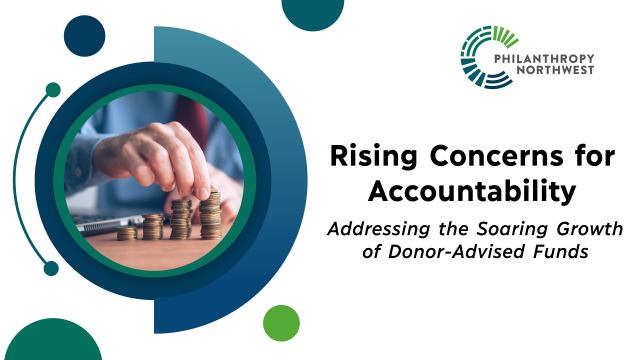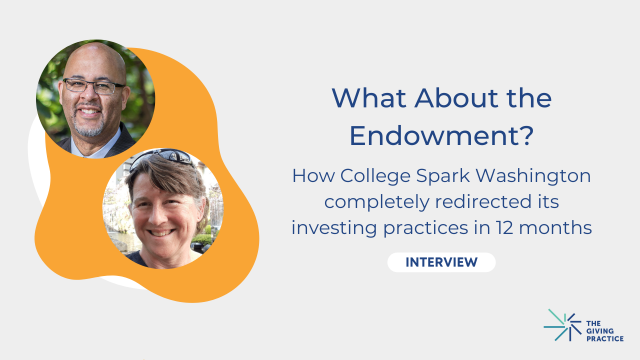Melanie Audette, deputy director, Mission Investors Exchange
Because the social and environmental issues we face today are too big for any one sector to tackle alone, it is urgent for impact investors to work together. During a recent discussion at the Ford Foundation’s offices in New York, a group of foundation leaders, private sector investors and others took stock of the field and committed to more collective action around impact investing.
Here are five of my top-level takeaways from the conversation:
- Philanthropic asset holders have opportunities to make a greater impact in the issues they care about by being collaborative and more agnostic in how they deploy their capital. Some foundations may end up using their assets in less program-specific ways and some are considering new methods of catalyzing investments and attracting new capital to take on seemingly intractable problems. By making both grants and impact investments, foundations can deepen what they are doing in practice.
- Mission investors are thinking not just about their own investments, but how they can broaden the field. The foundations in the room discussed bringing together a variety of partners and creating enabling tools and platforms for making a greater number of impact investments in more efficient and cost-effective ways. Setting standards and sharing learnings were identified as important goals.
- Foundations can find creative ways to put their resources to the highest and best use. They can make investments that are less artisanal by identifying and building social impact into more conventional products, or by pooling their resources together with others to create economies of scale in high social impact investments. This may mean adjusting investors’ risk appetites, finding ways to blend capital with formerly unlikely investment partners, and utilizing other assets such as foundations' convening power.
- The challenge is not the amount of capital available, but a mismatch between what is on offer and what is needed. More information and resources must be identified and put to work in order to adjust to the growing interest in impact investing. Foundations are also seeing the necessity of culture change--including new structures, roles and expertise--in order to do this work.
- Foundations are committed to supporting established impact investing networks like the Global Impact Investing Network (GIIN) and Mission Investors Exchange. At the same time, solutions can be pursued by smaller groups at more incidental gatherings.
Mission Investors Exchange, a project of Philanthropy Northwest, was built to provide infrastructure for the field and, together with our partners, we reach over 60,000 individuals in philanthropy and finance. Through combined efforts to grow and activate our networks, we can meet the complex and increasing needs for education, data, coordination of resources and engagement in public policy. We look forward to playing a continuing role in the conversations and in the next evolution of impact investing.


